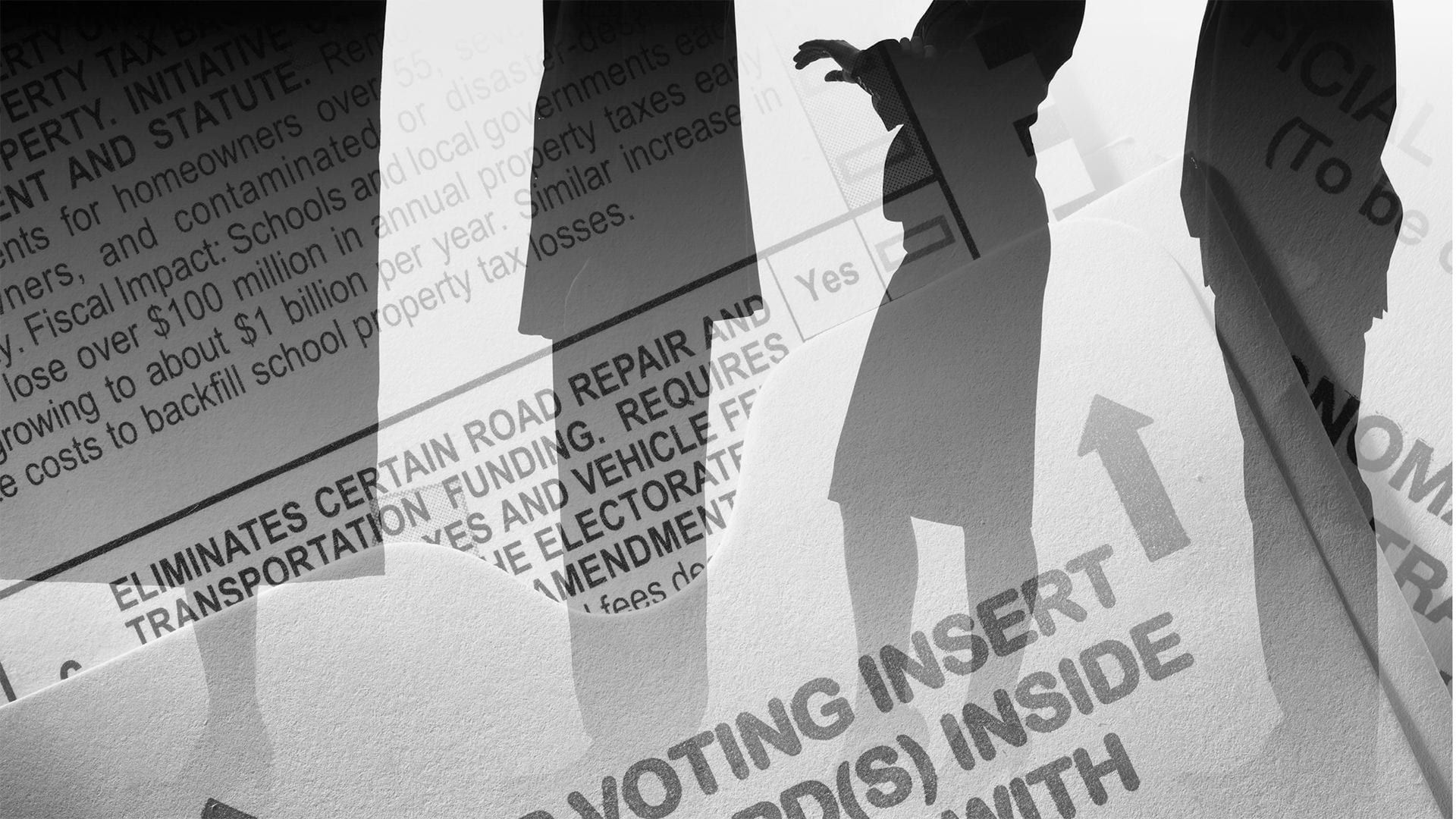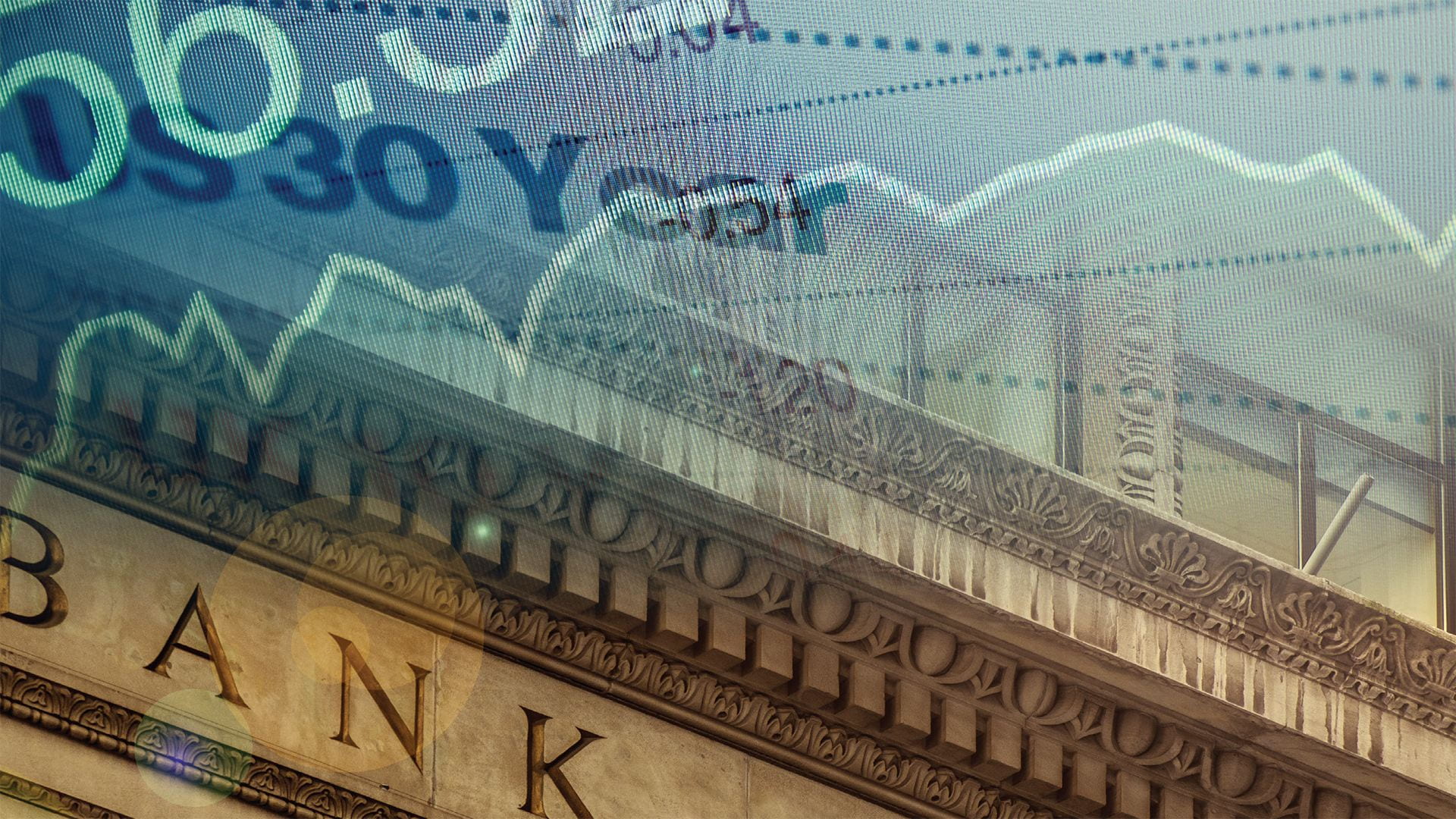Regulation Best Interest: Higher Standards for Broker-Dealers, Strengthened Protections for Investors
On June 5, 2019, the Securities and Exchange Commission (the “SEC”) approved a higher standard of care for broker-dealers (“Brokerage Firms”) and their financial professionals (“Brokers”) when making a recommendation to an investor regarding a securities transaction. This new higher standard, referred to as Regulation Best Interest or Reg BI, is intended to narrow the gap between the different standards of care that a Broker and an investment advisor (“Investment Advisor”) must abide by when making recommendations to an investor.
Empowering Election Judges to Secure our Elections
Our ongoing, funded, and student-centered research takes a unique systems approach to elections security and specifically considers potential cyber, physical, and insider threats to an election.
When Does A Good Investment Become a Bad Investment?
A good investment becomes a bad investment when it becomes evident to the buyer that they overpaid. This concept applies not only to individual investors, but also in the case of share buybacks, when a company overpays for shares.
From Digitization to Digital Transformation of Supply Chains
Ideally, an efficient global supply chain should operate seamlessly across national borders, company boundaries and internal organizational functions. The reality, however, is that supply chains operate in silos and each player focuses on optimizing their own operation, making true optimization of the entire supply chain nearly impossible.
Former FDIC Chair Optimistic About the Potential of Technology to Improve Financial System, While Expressing Concern About Non-Financial Debt
The U.S. consumer remains healthy, which is supportive of economic growth, but the student loan picture is worrisome. Over the long run, Ms. Bair is optimistic about several developments in the technology sector that have the potential to improve the financial system.
The Management of Interest Rate Risk: Are Maryland Banks Different?
Banks, as financial intermediaries, transform risk. They take riskless deposits to finance risky loans. The resulting mismatch between the maturity of deposits and loans exposes banks to interest rate risk: unexpected changes in interest rates impact banks’ performance.
The Effects of Civil Unrest on Education in Baltimore
If civil unrest prevents or reduced the possibility of the growth of human capital through education, then it can have an impact on the future outcomes of the students affected by these events.
Student Survey Portfolio Analysis
The Towson University Investment Group (TUIG) conducted a research survey that asked participating students what five companies they would invest in if they had $100,000 and how confident they were in their investment knowledge on a numerical scale (1-100).








